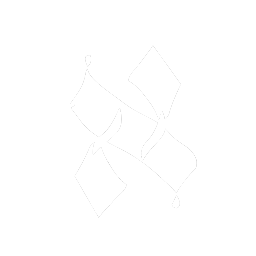Emergence
These are some old notes I took for entries on Emergence I originally wrote in 2021. It started off as an essay for college. As of 2/2/2025, I’m reviewing these entries before publishing them, but this serves as a summary.
Emergence happens when simple interactions create complex outcomes. It’s not something that can be designed directly, only encouraged, when structure is loose enough to allow imagination to take hold. Small, independent actions build on each other, forming structures, patterns, or behaviors that weren’t explicitly planned.
Online Games
Games with emergent systems don’t dictate every action. Instead, they provide mechanics, tools, and frameworks, letting players shape their own experiences. EVE Online, Ultima Online, and Mortal Online are defined less by their code and more by what players do within them. These games provide the tools and space for players to create their own stories.
EVE Online – War, trade, and politics aren’t scripted. They happen because alliances form, betrayals occur, and scarcity drives the economy.
Ultima Online – No built-in justice system meant players had to create their own. Some became merchants, others bounty hunters, and some turned to crime.
Mortal Online – There are no quests or safety nets. If a town exists, it’s because players built it. If a faction has power, they earned it, or took it by force.
Online Communities
Communities form when people share a common interest, but how they evolve depends on the space they’re given.
Interests give people a reason to engage, but it’s the ability to express those interests that defines how a community grows. When a group has room to adapt, members develop their own norms, roles, and traditions. This can be seen in everything from online forums to open-source projects.
In early forums and IRC channels, people gathered around specific topics, but the way they communicated, moderated discussions, and built reputations emerged naturally.
Open-source projects often begin with a single creator but grow into decentralized networks, where users define their own ways to contribute.
Emergent communities don’t just consume content—they create, reinterpret, and expand on it. The most resilient ones don’t follow a strict blueprint but evolve based on the needs and contributions of their members.
